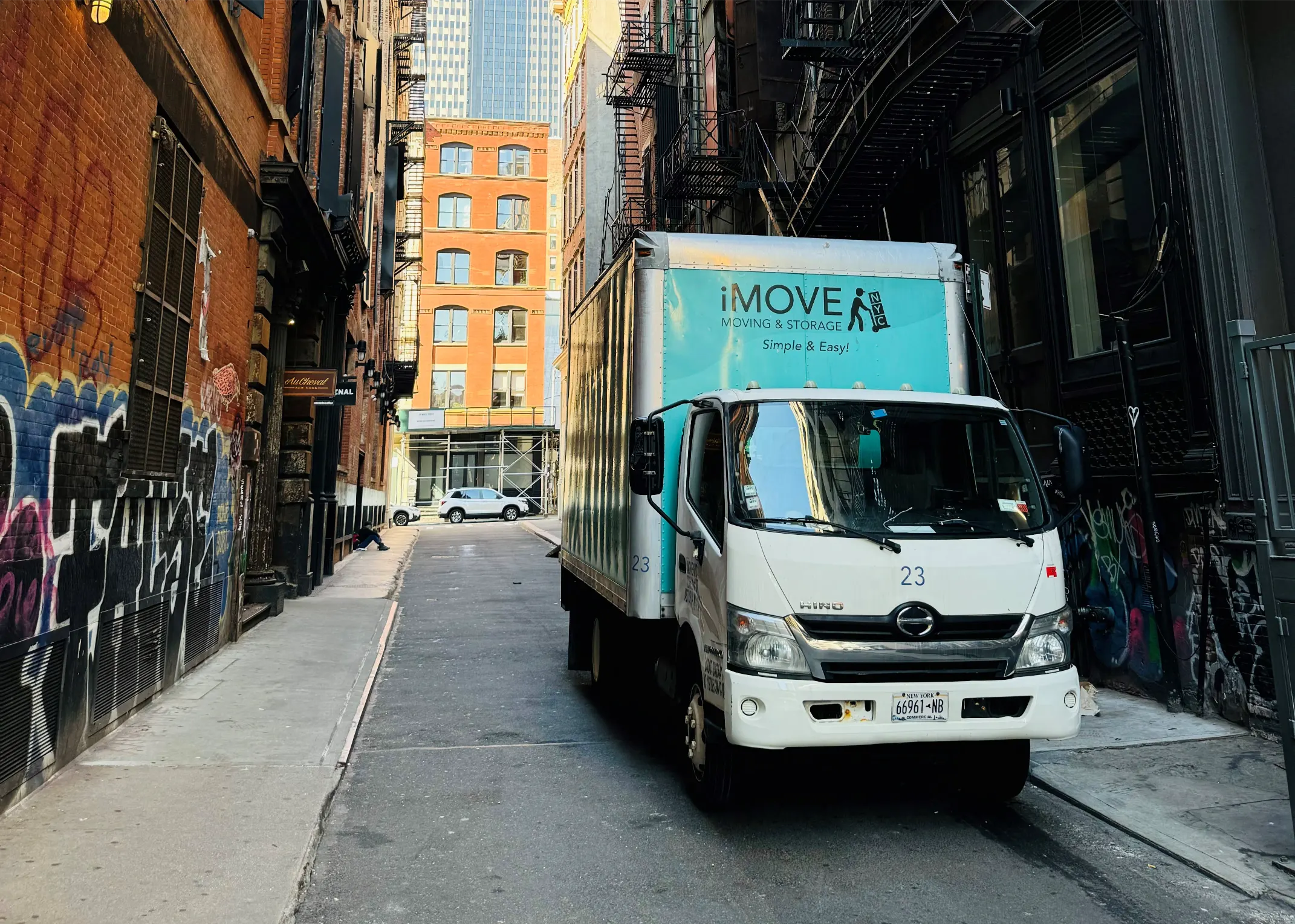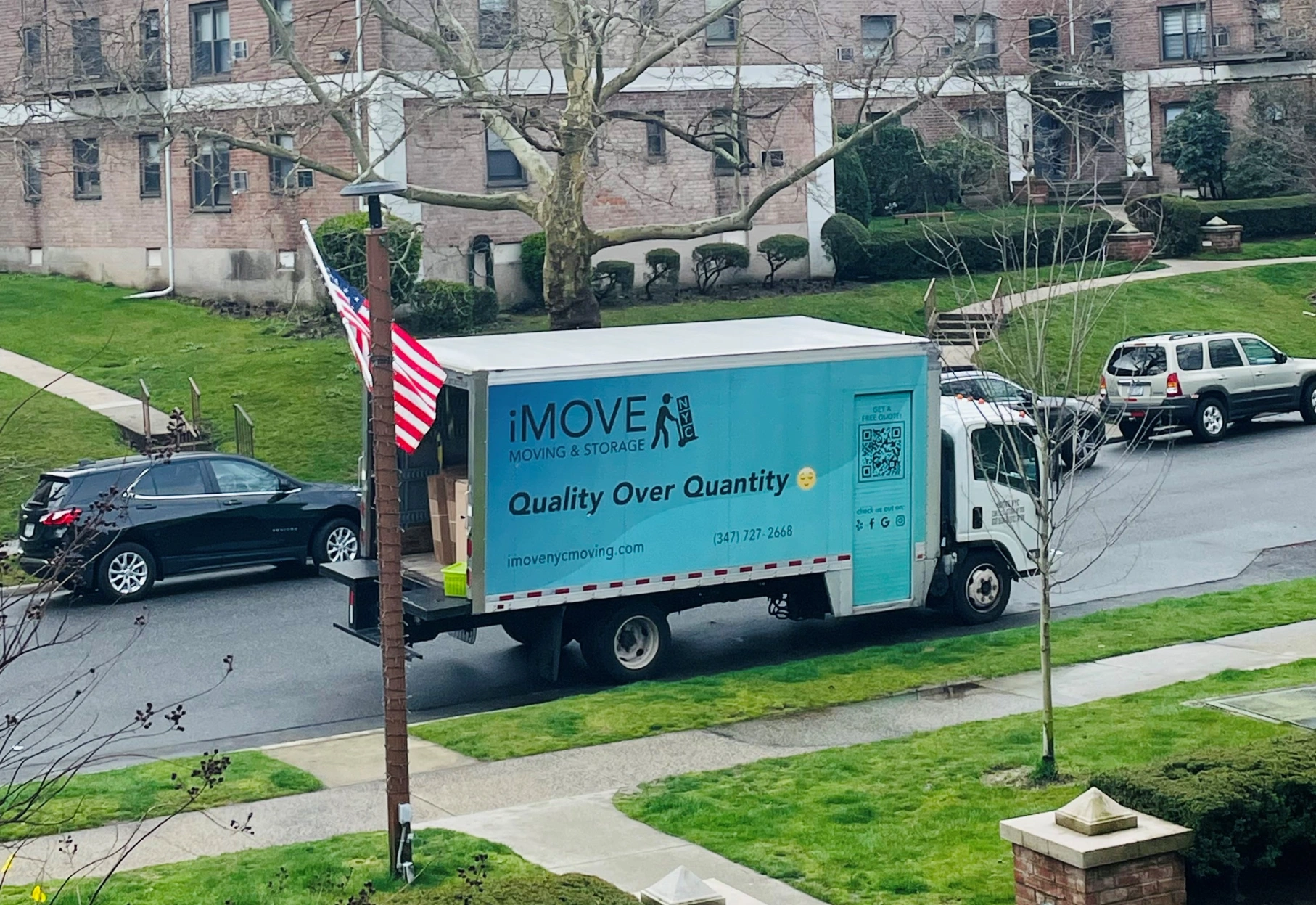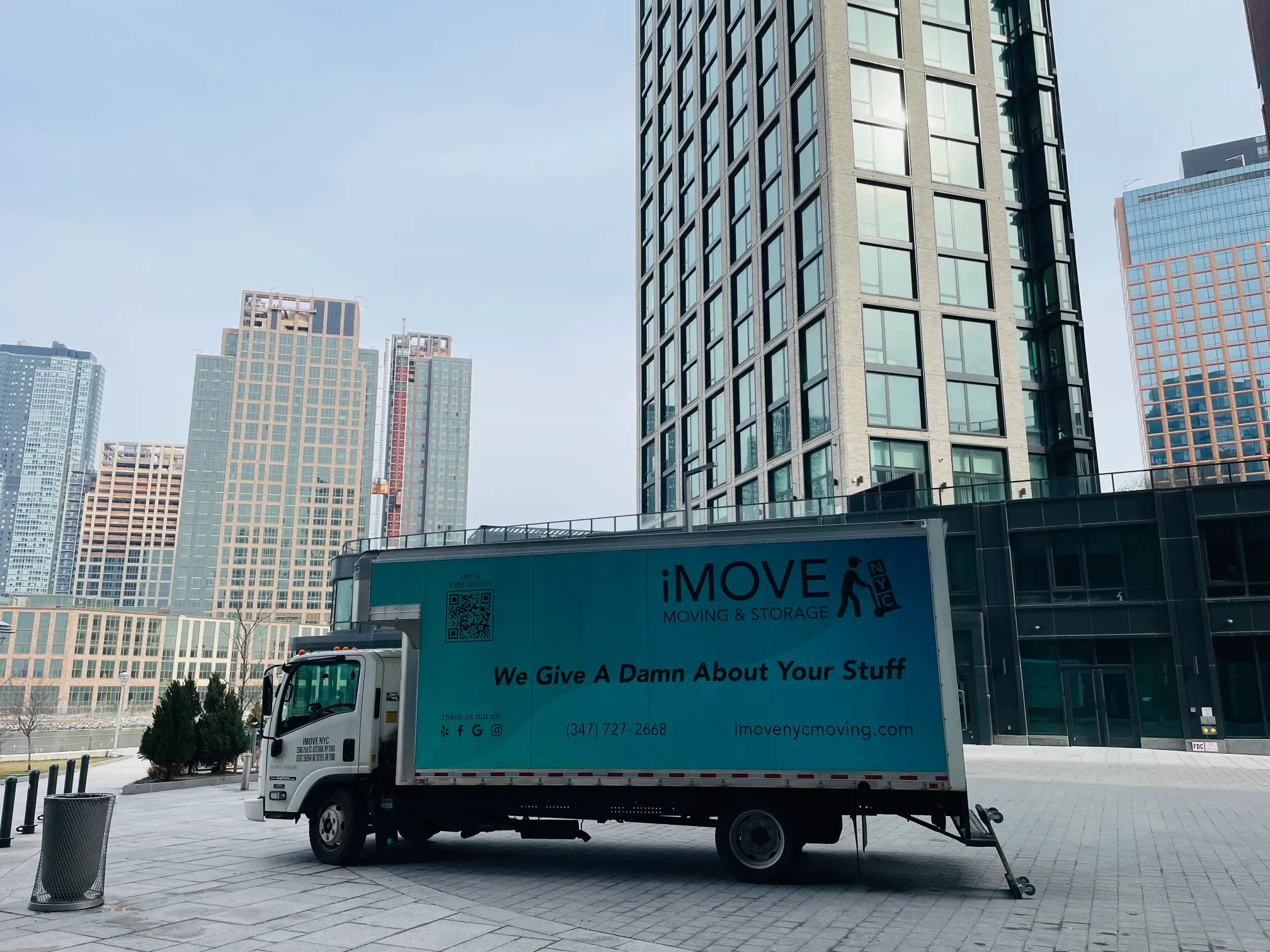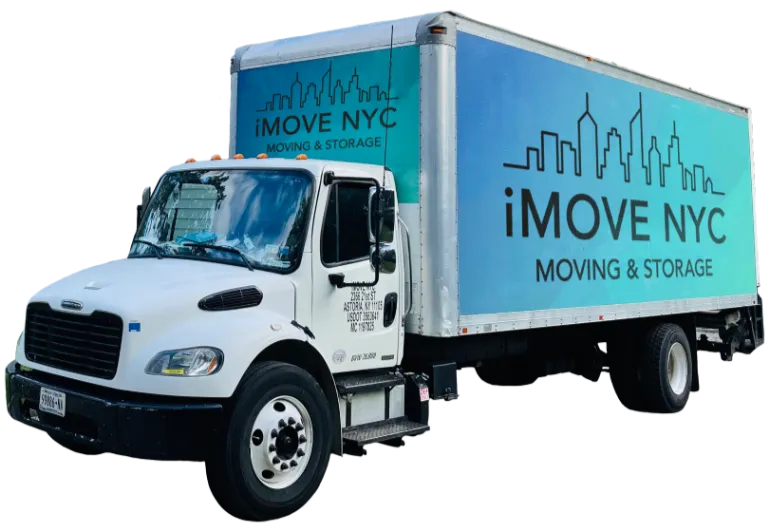
Bridges and Hours: The Art of Moving Through New York’s Arteries
If you want to understand New York, don’t start with its skyline or even its neighborhoods. Start with its bridges.
Fill out the form below for a quick flat price quote
New York City stands as one of the most exhilarating and enriching destinations for students – both from across the U.S. and around the globe. With over 100 colleges and universities, ranging from the Ivy League prestige of Columbia University to the globally renowned NYU, it’s no wonder that countless students choose to launch their academic journeys here.
But NYC’s academic appeal extends far beyond reputation. The city’s higher education sector is massive – employing over 140,000 people and generating $35 billion annually – a testament to how deeply universities are woven into the economic and cultural fabric of the city.
Here’s what makes NYC particularly magnetic for students:
NYC schools are powerhouses across a broad spectrum of disciplines:
As of 2025, some of the fastest-growing and most sought-after programs include:
NYU alone boasts 270+ areas of study, spanning the creative, technical, and liberal subjects.
In short, NYC offers:
Typical Range: In New York City, tuition can range from more affordable public options to some of the most expensive private universities in the country.
City University of New York (CUNY)
The CUNY system (Baruch, Hunter, Brooklyn College, etc.) provides excellent value compared to private schools. Tuition is a fraction of the cost – often under $7,500 per year for in-state students – and schools like Baruch College are ranked nationally for value. Graduates typically recoup education costs relatively quickly thanks to strong job placement and starting salaries.
As of August 2025, the average rent across NYC is approximately $4,040/month for a one-bedroom – nearly triple the national average.
In Manhattan, rents are even steeper – with a median rate of $5,620/month. Highly sought neighborhoods like TriBeCa, Lenox Hill, and Sutton Place can command $6,500–$8,600+/month.
Borough-by-borough snapshot (May 2025):
NYC offers an unbeatable academic environment – but it comes with premium pricing. Here’s what parents should weigh when budgeting:
For many parents, safety is the very first concern when a child heads off to school in a big city. The good news is that New York has come a long way in the past few decades. While the city still has its challenges, crime rates have dropped significantly compared to the 1990s, and New York consistently ranks as one of the safest large cities in the United States.
Most universities take security extremely seriously. Campuses like NYU, Columbia, and CUNY schools all maintain their own public safety departments, often with 24/7 patrols, ID-based building access, and emergency alert systems. Many also offer shuttle buses or late-night escort services to help students get home safely from classes, libraries, or internships.
That said, city life does require more awareness than a small college town. Parents should encourage students to practice common-sense precautions: traveling with friends at night, avoiding deserted subway stations, and keeping valuables secured. Apps like Citizen or local NYPD updates can also help students stay aware of their surroundings.
Studying in New York isn’t just about classes and textbooks — it’s about living in one of the most dynamic cities in the world. For students, opportunities to learn extend far beyond the classroom. Internships are everywhere, from Wall Street firms and global media houses to non-profits and tech startups. Many students land part-time jobs or internships during the semester, giving them real-world experience in one of the most competitive markets in the world.
Outside academics, NYC is a cultural playground. Broadway shows, world-class museums, concerts, and neighborhood festivals give students endless ways to explore. Even a walk through Central Park or a weekend in Brooklyn offers a chance to connect with the city’s diversity and energy. For international students, the city’s global mix of communities makes it easy to find a piece of home — whether through food, cultural associations, or student groups.
New York is also a global city where things happen first. From the latest tech innovations and financial shifts to cultural trends and political movements, the city is often the starting point. For students, this means they’re not just watching history unfold — they’re living in the middle of it, gaining perspectives and connections that are hard to find anywhere else.
For parents, sending a child to study in New York City is both exciting and overwhelming. The city offers unmatched academic opportunities, cultural richness, and real-world experiences that prepare students for the future. At the same time, it comes with challenges – from managing costs to making sure the move itself goes smoothly.
That’s where we at iMOVE NYC step in. As a local moving company, we’ve helped countless students – both from across the U.S. and abroad – settle into their new apartments and dorms. Whether it’s a few boxes, a full apartment setup, or tricky items that need extra care, we make the moving process stress-free so families can focus on the big picture: supporting their child’s new chapter in New York City.
Ready to plan a smooth move to NYC? Contact iMOVE today and let us handle the heavy lifting.

If you want to understand New York, don’t start with its skyline or even its neighborhoods. Start with its bridges.

One of the most important – and overlooked – questions on moving day isn’t just “where are you going?” but rather, “what are you bringing?”

Moving isn’t just about changing your address – it’s a chance to simplify your space and your life. Whether you’re relocating to a new apartment, downsizing from a house, or just tackling some long-overdue decluttering, one of the best ways to stay in control is by sorting your belongings into three clear categories: Keep, Donate, Store.

Fill out the form below for a quick flat price quote
Fill out the form below for a quick flat price quote
Let’s make your move Simple & Easy!